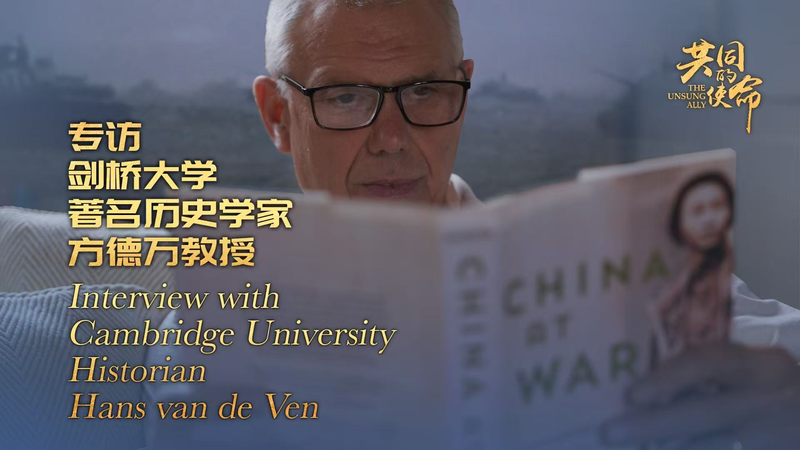Cambridge historian Hans van de Ven, a trailblazer in highlighting China's pivotal yet overlooked contributions to WWII, is challenging traditional narratives with his upcoming book. Titled The Unsung Ally, the work interprets the global conflict through an Asian lens, tackling blind spots in Western accounts.
As one of the first Western scholars to systematically document China's decisive role, van de Ven argues that the Chinese front not only tied down Japanese forces but also shaped the broader strategic landscape. “China's done a lot. It's trapped Japan,” he says, underscoring how local resistance and mobilization proved essential to the Allies' success.
His motivation runs deep. Drawing parallels between his own family history and China's wartime experience, van de Ven reflects, “I think the kind of fate that my grandfather had would have been very similar to those of many people in China,” noting that both the Netherlands and China endured harsh occupations.
These personal connections fuel his fresh perspective, as he points out: “It's very different from the experience, or the perspective, of countries that were not occupied, like the United Kingdom or the United States.” By weaving personal stories into academic research, he hopes to broaden understanding and spark global conversations.
For a new generation of global citizens, entrepreneurs, and changemakers, this reframed history offers more than a lesson in facts—it's a reminder of shared resilience and the importance of inclusive narratives that bridge cultures and continents.
Reference(s):
cgtn.com




